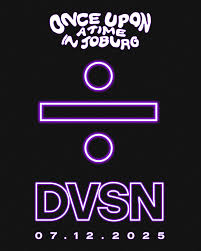Introduction
Ticketmaster, the giant in event ticketing, plays a critical role in shaping the landscape of live entertainment. Founded in 1976, the company has grown to become a primary ticket seller for concerts, sports events, and other live performances worldwide. With shifts in consumer behavior and recent developments in technology, understanding Ticketmaster’s operations is increasingly important for fans and event organizers alike.
Current Operations and Challenges
As of October 2023, Ticketmaster has been facing scrutiny and challenges, particularly regarding service fees and customer dissatisfaction. In recent months, numerous consumers have raised concerns over the high service charges added to ticket prices, often leading to frustrations during the purchasing process. These issues have sparked debates around the fairness of pricing in the ticketing industry.
Moreover, Ticketmaster has also been integrating advanced technology into its services. The implementation of mobile ticketing and blockchain technology aims to enhance security and combat ticket scalping. This move toward innovation is geared towards providing a seamless experience for users, while also safeguarding the integrity of ticket transactions.
Market Share and Competition
Ticketmaster retains a dominant market position, controlling a significant share of ticket sales in various sectors. However, it faces increasing competition from other ticketing platforms, such as Eventbrite, AXS, and newer market entrants leveraging technology to disrupt traditional models. This competition is notable in the wake of the pandemic, where many consumers are gravitating towards platforms offering lower fees and better user experiences.
Consumer Protection and Future Outlook
In response to public outcry, ongoing legislative discussions are focused on enhancing consumer protection in ticket sales. Potential reforms could mandate transparent pricing structures and empower consumers with greater rights in cases of cancellations or event changes. Ticketmaster has indicated its commitment to addressing these concerns, although tangible changes appear to be on the horizon rather than immediate.
Conclusion
As the ticketing landscape continues to evolve, Ticketmaster’s ability to adapt to consumer needs and regulatory changes will be crucial in maintaining its market leader status. The company’s response to challenges regarding pricing transparency and technological innovations will significantly influence the future of ticket sales. For event-goers, staying informed about their rights and ticketing options is essential as the industry navigates this period of transformation. Overall, Ticketmaster remains a pivotal player, and its actions will likely shape the broader landscape of live entertainment.


